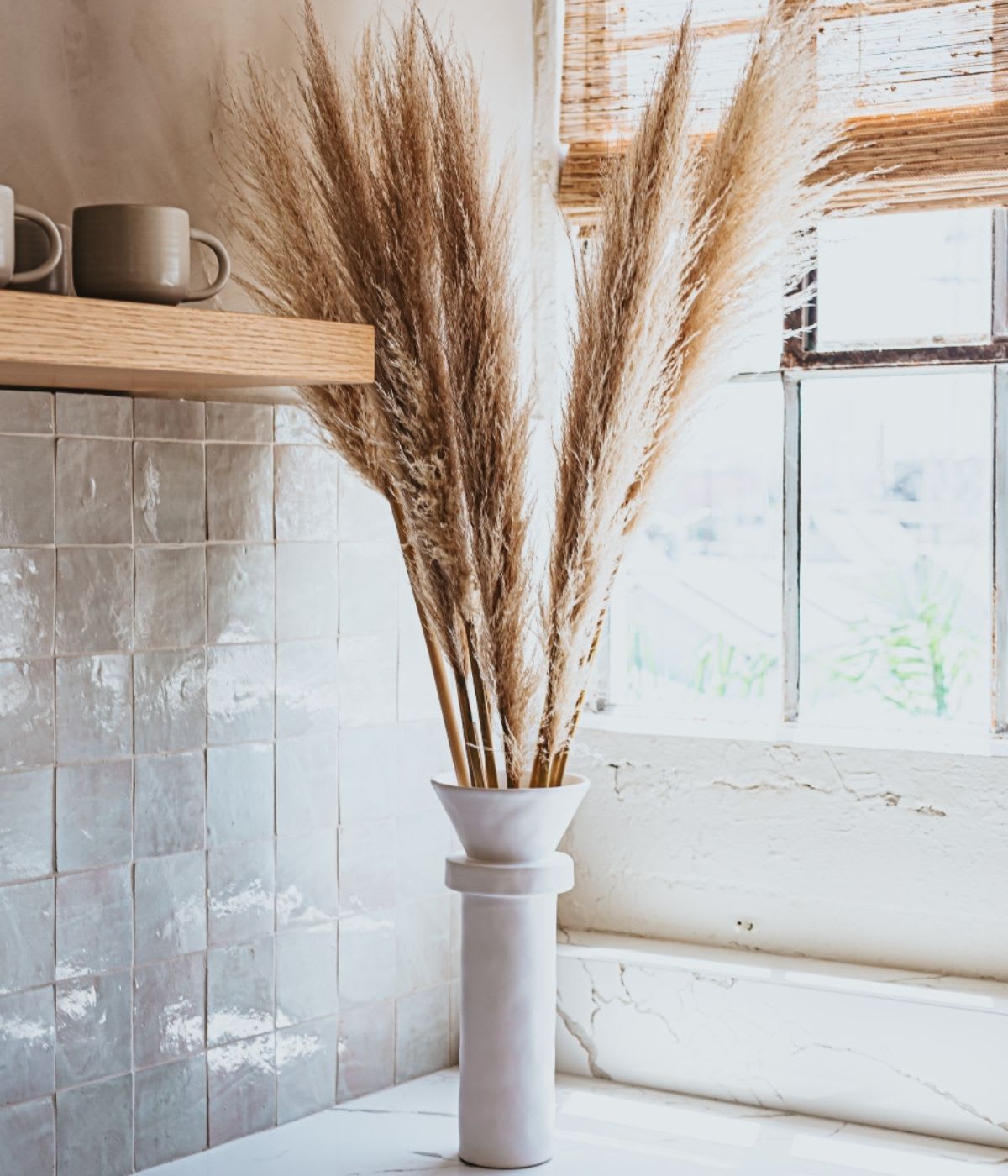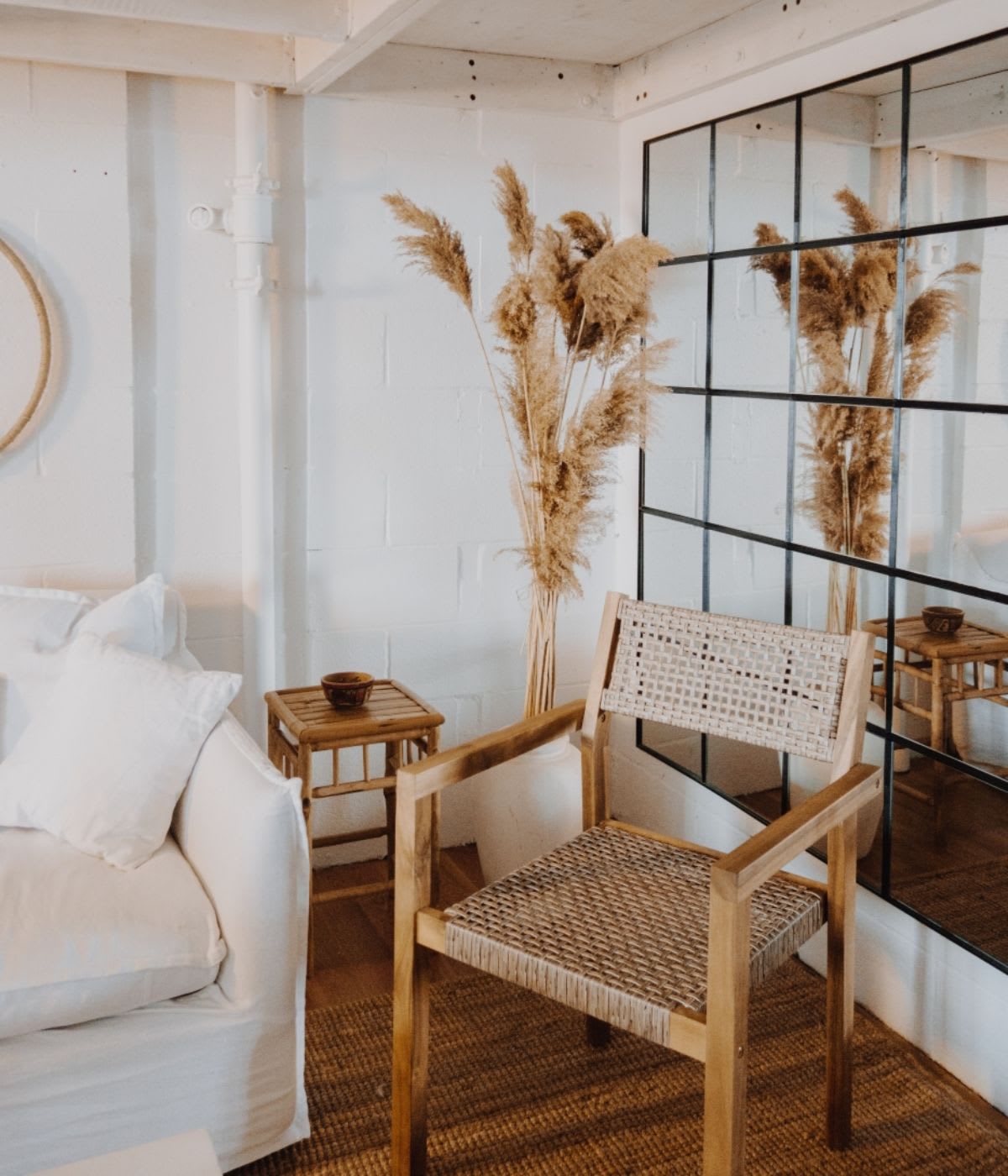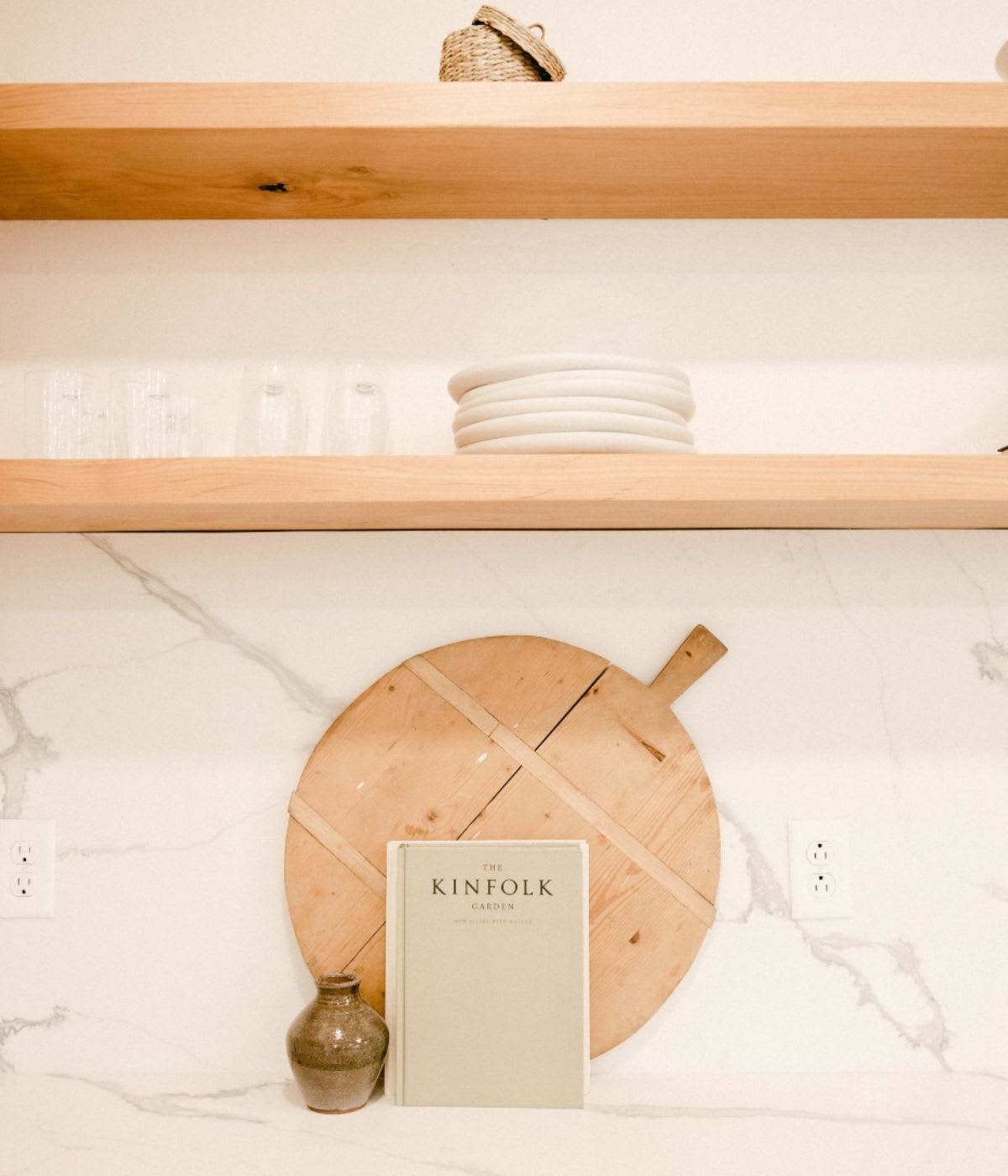
This primarily applies to first time home-owners. Purchasing a new home is not always cut and dry. There are many factors that come into play and much to be considered. Research is important and plays a major role into the purchase of a new home. Complicated issues often arise when you own your home and the smartest buyers are those who have a thorough understanding of all that goes into owning a home, as well as your rights as a buyer.

This primarily applies to first time home-owners. Purchasing a new home is not always cut and dry. There are many factors that come into play and much to be considered. Research is important and plays a major role into the purchase of a new home. Complicated issues often arise when you own your home and the smartest buyers are those who have a thorough understanding of all that goes into owning a home, as well as your rights as a buyer.

Know where you want to live. Think about your lifestyle now and what it might look like in 5 – 10 years. Will you need to commute to a nearby large city? Do you or will you have school aged children? Do you want to live in a neighborhood or in town? Would you prefer to have a smaller home in a more expensive town or a larger home a bit further away? These are all important factors that must be taken into consideration. If you are new to an area you may want to think about renting first for 6 months to a year in order to familiarize yourself with your new location and all that it has to offer.

Once you’ve narrowed down where you want to live, you then need to figure out what it is that you want in your home. Do you want a newer home with all the amenities or an older historical one that you can work on and renovate over the years? Do you want a large yard for children and pets, or would you prefer something requiring less maintenance so you won’t have to go out and spend your summer weekends mowing? Do you want a porch or a fireplace? How many bathrooms must you have? Do you have young children? Is the house child-friendly? Do you like to entertain? Does the house have a good flow and a guest room? Most likely you won’t find all of them in one home, but as you look at your potential homes you can start to prioritize which of these Must Haves are truly necessary and which ones you can do without. Be open to suggestions from your Realtor.

Once you’ve searched the internet and found some homes that meet your criteria it’s time to get off the internet and see them in person. Photos can often be deceiving. Many listing agents hire talented photographers who can create images that can make rooms in a home appear larger than in real life. On the flip side, an agent may have taken photos of the home that just don’t do it justice. The only way to know if a house is right for you is to go out and see it for yourself. Enlist your agent to show you homes that meet your criteria as well as those that may be similar. Often agents will have suggestions that you might not ordinarily have chosen but now might be worth considering. Public open houses are another wonderful resource to be taken advantage of. If you attend an open house, it’s important to let the host know that you are already working with an agent.

Try to look past the pink shutters! Most agents will recommend their sellers to do some staging to a home before putting it on the market, but this does not always happen. While staging a home can make a home look fantastic, it is important to look beyond the decor. Look at the structure and the flow of the home. Will there be enough room? Are the rooms large enough? Are the ceilings tall enough? Imagine the possibilities… Don’t sweat the small stuff, focus on the possibility and the potential that lies within the home. When everything is out of the home and it is yours, you have the opportunity to do whatever it is you want to do to the walls, floors, fixtures and property. Once the house becomes your own, you can add your own personal touches.

It’s important to have a back up home. There are a number of things that can happen. You may have found the home of your dreams, but the seller may not agree to your price and terms, or issues may come up during a home inspection that are unable to be resolved. It is a good idea to be emotionally leveraged so that if your dream home does not work out, you have a plan B to fall back on.

If a CMA (Comparative Market Analysis) has not been done on the home of your choice ask your agent to do one for you. There are many websites that will give you an estimate on the value of a home, but the comparable information is not always up to date and may not always be accurate. The length and complexity of these reports depend on the agent’s business practice as well as the size of your neighborhood. Standard comparative market analysis reports contain the following data:
Active listings – This includes all the homes in your area that are similar to yours that are currently on the market.
Pending Listings – These are formerly active homes that are pending a sale but have not yet been sold.
Sold Listings – These comparable homes have recently sold and the amount for which they sold is listed. This is important information to you, the seller, and can help you determine an accurate and fair price to list your own home. It is important not to overprice your home.

It might be worthwhile to visit town hall with your Realtor to find out more about the property. Take some time to talk with the building and zoning departments to see what work has been done to the house, and that permits were pulled and a certificate of occupancy was granted. Building and zoning may also have a survey on file for you. If a survey has not been created you may want to consider getting your own done. You should find out if the home is in a flood zone, and whether or not you need an elevation certificate for your insurance company. If you are planning to do work to the home, you will be able to find out what the town and FEMA require you to do before any additional work is done to the home. A visit to the tax assessor will let you know if there are any liens on the home.

Be prepared. Inspectors need to find everything wrong with the house – that is their job. Many of these issues are small, insignificant things. Others may not be quite so small or insignificant and yet others could potentially be quite grave. After the inspection, make a list of your priorities so that you can decide for yourself what’s a non-issue and what could potentially be a large problem. You can always discuss these matters with professionals to give you more information, as well as an estimate of the work needed to resolve the problem.
Good luck and Happy Hunting!
We do not wish to be the biggest, just the best (as judged by our clients). Our values capture our commitment not only to ethical, professional and responsible conduct but to the essence of real estate success, an entrepreneurial value-embracing approach.
Contact Us